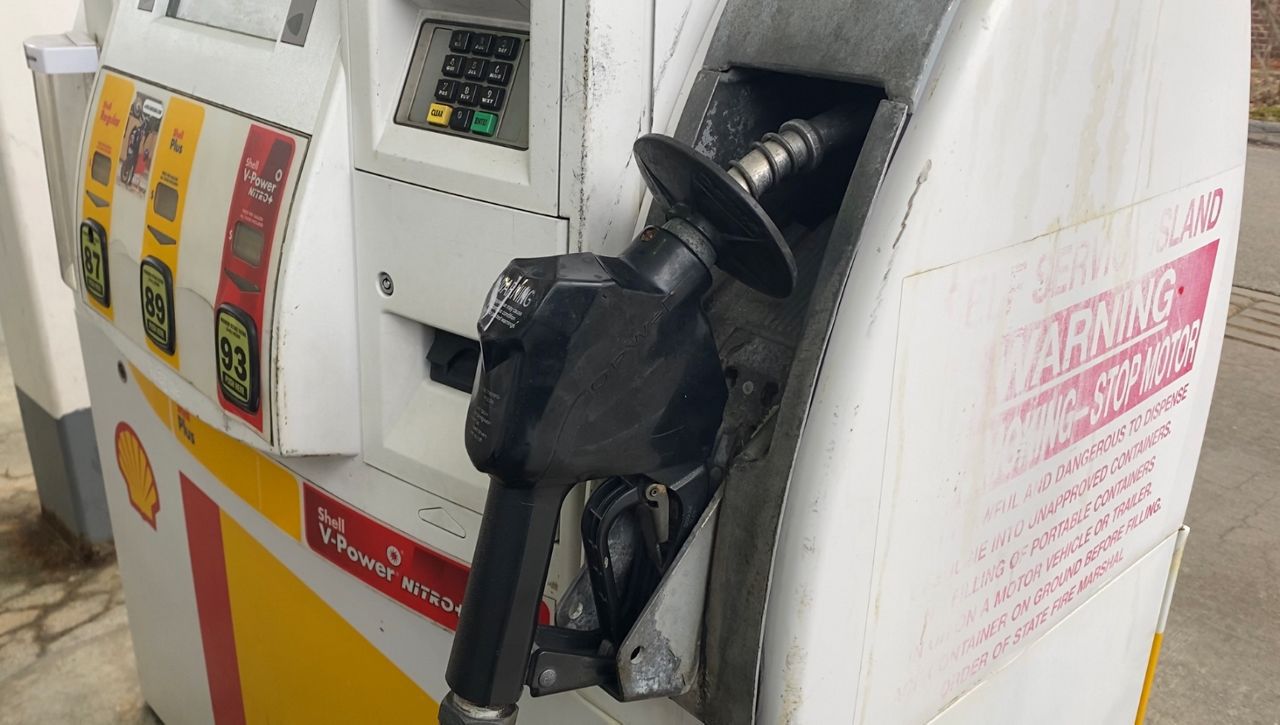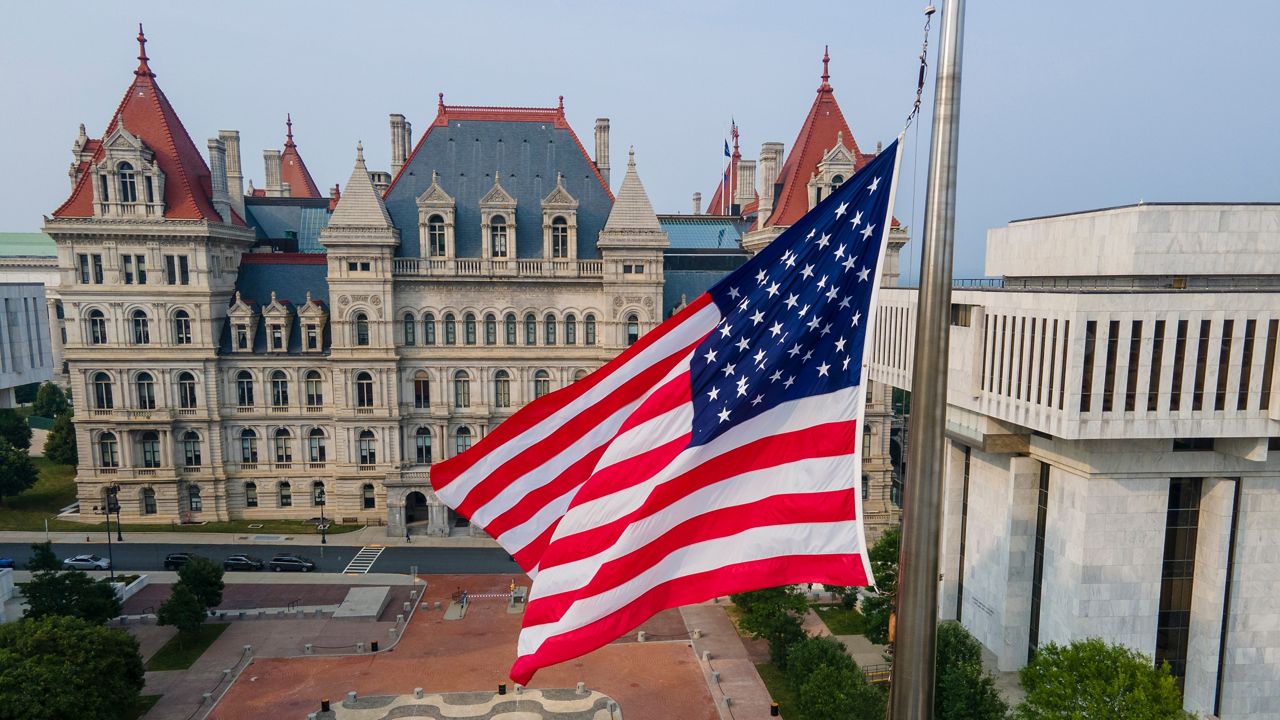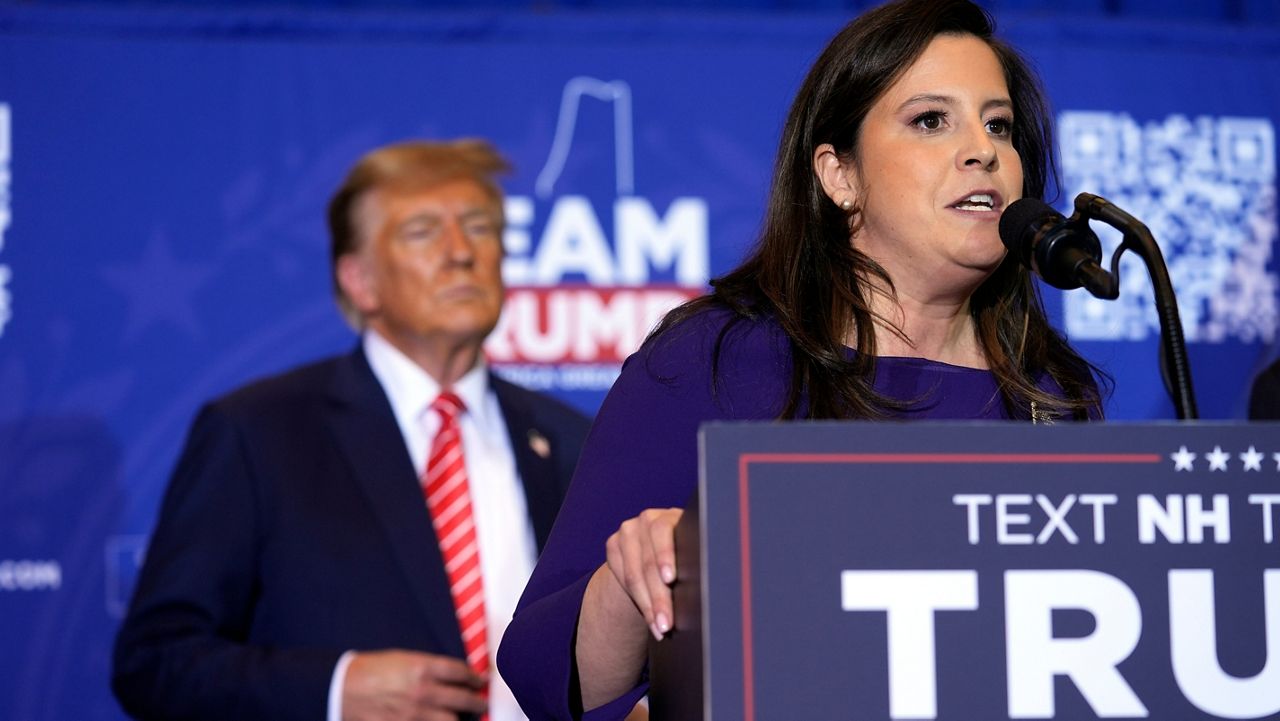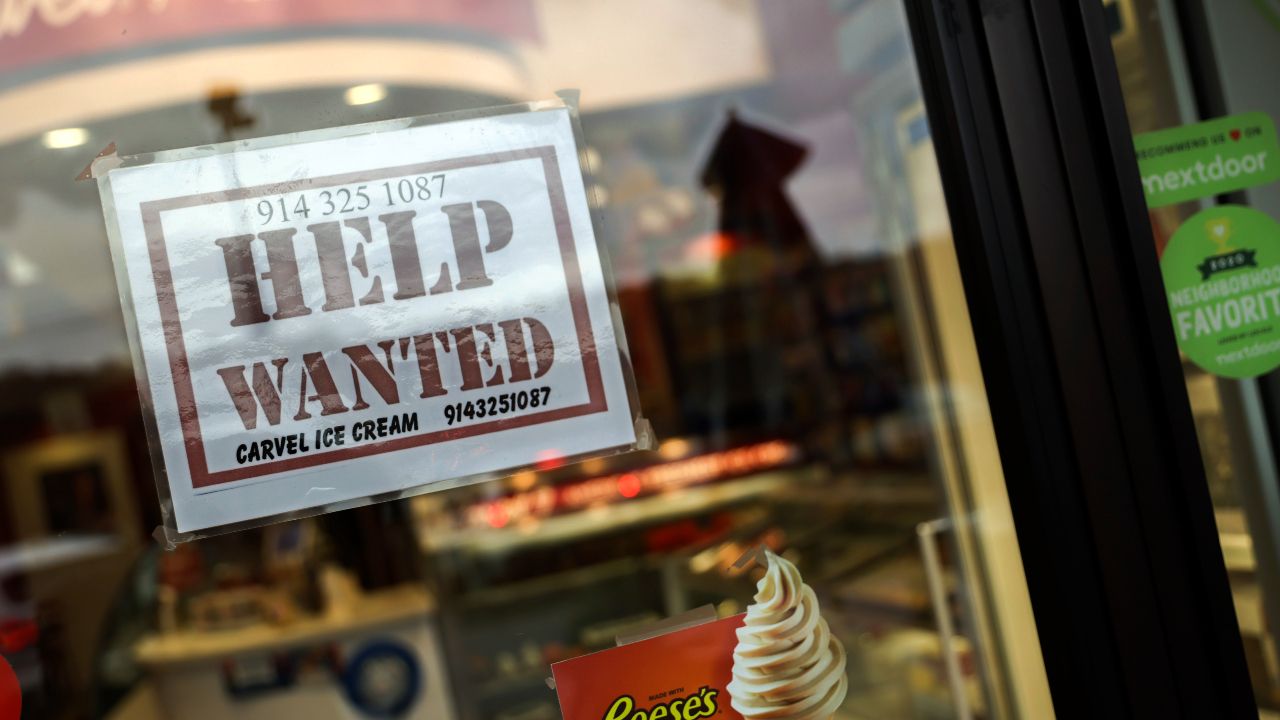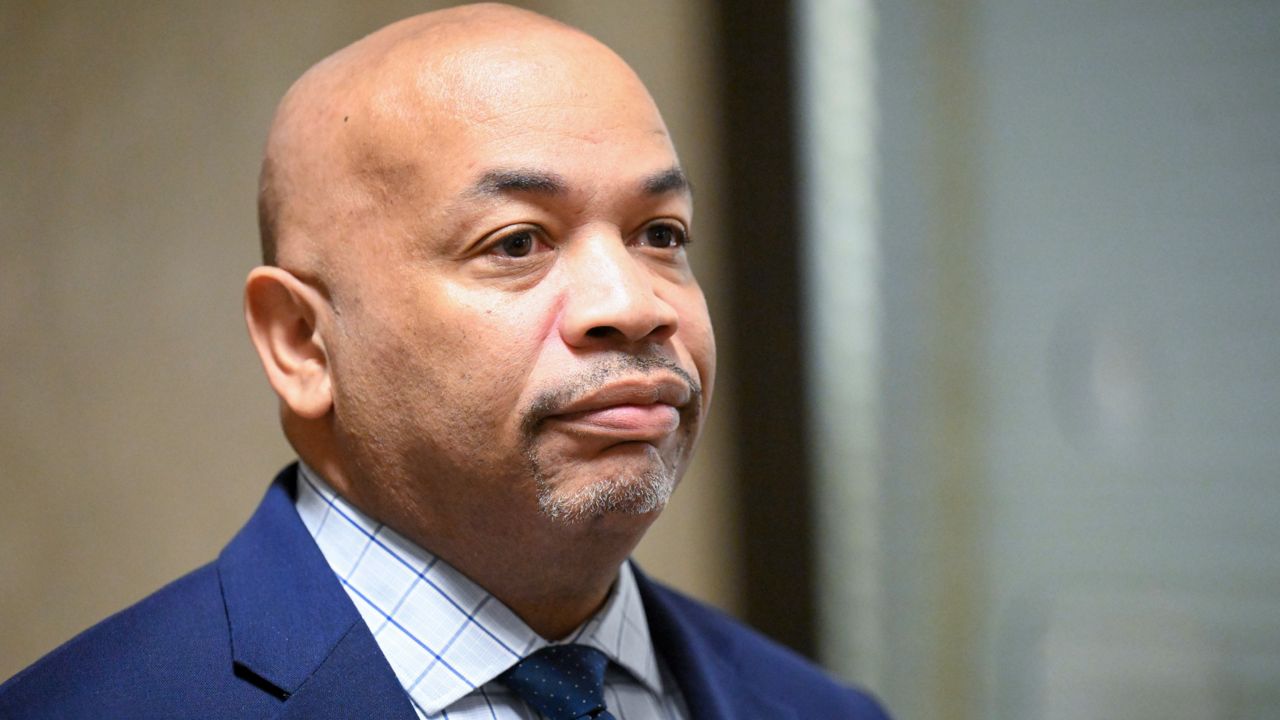The per-gallon price of gasoline is on the rise in New York state and across the country. Motorists on average are paying more than $4.30 for a gallon of gas as the war in Ukraine and COVID-19 have led to a supply crunch.
That's led some state lawmakers in New York to call for relief at the pump from the taxes drivers pay when filling up. But how does New York's gas tax actually work?
1. How much do New Yorkers pay at the pump?
There's a combination of state and local taxes New Yorkers pay when they buy gas. All told, the state charges about 33.3 cents per gallon of gas, according to the state Division of Budget. But that's a baseline.
Depending on where you are buying gas, the sales tax also comes into play. Some counties have a local sales tax of 7%, others set their tax at 8%.
Within some counties, there is a sales tax rate for cities that is slightly higher. In New York City, the sales tax rate is 8 7/8 cents, according to the state Department of Taxation and Finance. On average and based on recent per gallon prices, New Yorkers pay 14 cents a gallon in sales tax. All told, that leads to a tax charge of 47.3 cents per gallon to 48.05 cents a gallon.
2. A combination of taxes?
You don't just pay a sales tax or a gas tax when buying fuel for your car. New York charges a 17.3-cent charge per gallon for the petroleum business tax. There is an 8-cent motor fuel tax. The state sales tax amounts to 8 cents per gallon. There is also a Metropolitan Commuter Transportation District Sales Tax of three-quarters of a cent per gallon.
3. How much revenue does this mean for the state?
The gas tax means big money for New York state. The petroleum business tax, the heftiest tax, amounts to more than $1 billion. Both the motor fuel tax and the state sales tax are estimated to yield $485 million each in the coming fiscal year, which begins April 1. The local sales tax results in $715 million in revenue, while the MTA generates $37 million.
4. What's this money used for?
A large chunk of it, $974 million in the proposed budget, is set to go to the Dedicated Highway and Bridge Trust Fund. That amounts to 48% of all state revenue from the taxes going to infrastructure upkeep so the roads and bridges drivers use are safe and in good shape.
Transit systems statewide, including the Dedicated Mass Transportation Trust Fund and the Mass Transportation Operating Assistance Fund, receive 28% of state revenue or $576 million.
Additional money goes to the MTA, about 24% of revenue, which amounts to $484 million. Local governments also keep the $715 million estimated to be collected in local sales taxes.
It's also worth noting the high price of gas is not leading to a windfall for New York. These taxes are based on the per-gallon rate, meaning even with higher prices New York won't generate more revenue.
5. How does New York compare to other states?
New York is a high tax state compared to much of the rest of the country to begin with, and the state is generally in the top 10 most expensive when it comes to gas taxes. Data from the Tax Foundation in July 2021 ranked New York 9th in gas taxes out of 50 states. California is the most costly at 66 cents per gallon, followed by Illinois at 59 cents.
The cheapest? Alaska drivers fill up and pay a tax of less than 15 cents.
6. What do New York officials want to do?
Gas taxes are obviously not politically popular. But fuel costs also have a cascading effect on the economy. Food production and transportation become more costly for farmers and agriculture producers, and those costs are passed onto the consumer at the supermarket, for instance. This comes on top of inflation sharply increasing in the last several months.
This has led to calls for scaling back the cost of the taxes for drivers.
Some lawmakers, Democrats Sen. John Mannion and Assemblywoman Pamela Hunter, want to cap the sales tax on gasoline at 25 cents per gallon, based on the average price paid of $3.09 in 2021. Assemblyman Angelo Santabarbara, another Democrat, wants a one-year suspension of the taxes.
Republican lawmakers Peter Oberacker and Fred Askhar in the state Senate want a gas tax holiday until Sept. 1. U.S. Rep. Tom Suozzi, a Democratic candidate for governor, late last year called for relief from the gas taxes as well.
Gov. Kathy Hochul has been hesitant to embrace such proposals. She told reporters earlier this week there's no guarantee a tax suspension would benefit consumers.
"I want to make sure that if we do something, it's actually going to have an impact," she said.





